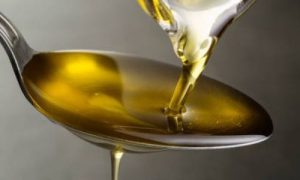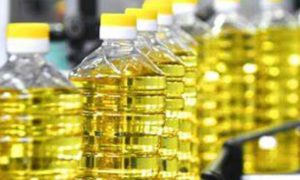Centre plans stringent policy measures for reducing pulses and edible oil imports in its 100-day agenda

The Indian government is set to unveil a focused 100-day agenda aimed at curbing the nation’s dependence on imported pulses and edible oils, while bolstering ethanol production and stabilizing food prices. With a new scheme in the works, the agriculture ministry targets self-sufficiency in pulses by 2027, aligning with efforts to slash the hefty import bill. Despite recent declines in agricultural imports, pulse imports surged to a six-year high, prompting a strategic push towards domestic production.
New Delhi: The Centre is planning a special focus on reducing imports of pulses and edible oil, increasing ethanol supply and stabilizing food prices as part of its 100-day agenda, a senior official said.
This will involve introducing stringent policy measures similar to those taken over the past one-and-a- half years.
The agriculture ministry is drafting a new scheme to achieve self-sufficiency in pulses by 2027 in a bid to cut the government’s huge outgo in importing pulses and edible oil to boost the domestic suppply.
In the 2023-24 financial year, India’s import bill was $854.8 billion as against $898 billion in FY23. Agricultural exports alone in FY24 touched $48.9 billion, registering an 8% decline from $53.2 billion in FY23.
Though agricultural imports fell due to a dip in edible oils imports, pulse imports hit a six-year high. The country spent $3.75 billion on importing pulses and $14.8 billion on vegetable oils against the previous year’s $1.94 billion and $20.84 billion, respectively, according to the commerce ministry.
Focus on oilseeds, pulses, biofuel
“Our 100-day agenda will surely focus on oilseeds, pulses and biofuel other than welfare of 140 million farmers. However, a major focus will be on reducing the import bill. Another very important thing is price stabilization of agricultural commodities,” a senior official said.
“We are trying to gain self-sufficiency in pulses in the coming 3-4 years. We are open to all kinds of support like we have in oilseeds. A new programme focusing on development is being prepared to promote pulses production in a big way and it is expected to come out in the next few days.
“We are working on SoPs (Standard Operating Procedures) and depending on budgetary allocation; we will take the programme forward,” the official added.
India is a net importer of edible oils, with 57% of the total bought from various countries, notably Indonesia and Malaysia. This is negatively impacting India’s foreign exchange by $20.56 billion, the official said.
Measures towards self-sufficiency
The government launched the National Mission for Edible Oils-Oil Palm (NMEO-OP) in 2021 to increase oil palm cultivation and boost crude palm oil production to 1.1 million tonnes by 2025-26.
Similarly, the government has been taking measures to make the country self-sufficient in the production of pulses and is implementing the National Food Security Mission (NFSM)-Pulses. In January cooperation minister Amit Shah said Indian farmers produced 19 million tonnes of pulses in 2013-14 which rose to 26 million tonnes in 2022-23. “But we should not be satisfied with this and we must create such a system in which by 2027 we can not only stop the import of pulses but also export it”.
India relies on imports to meet its domestic demand of about 28 million tonnes for three types of pulses—tur (pigeon pea), urad (black gram) and masur (lentil), primarily from purchases from Australia, Canada, Russia, Myanmar, Mozambique, Tanzania, Sudan and Malawi.
Despite some improvement since 2011, the gap between demand and supply of pulses is widening and has necessitated annual imports of 2.5-3 mt of pulses in the past few years.















